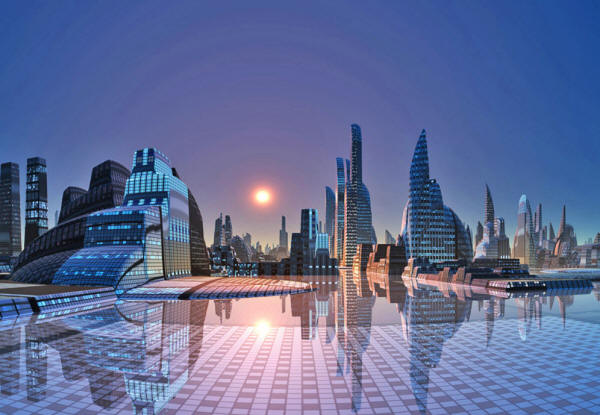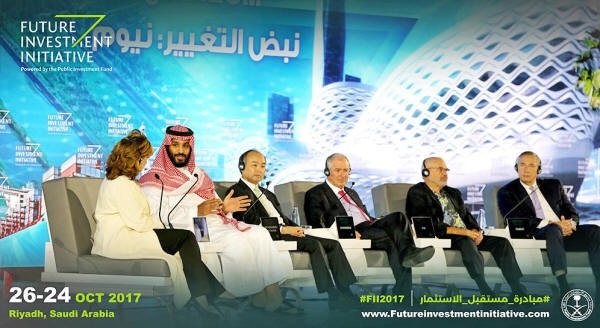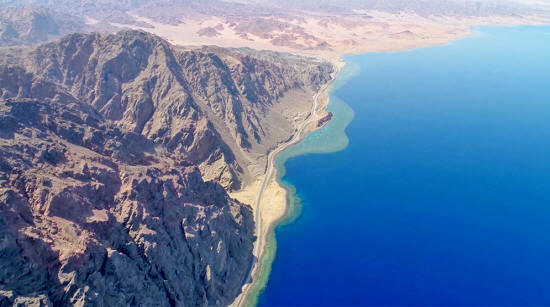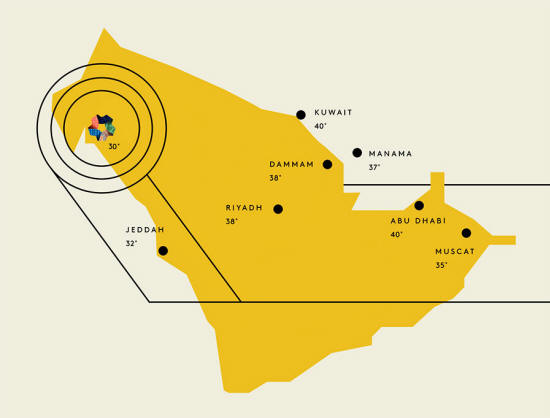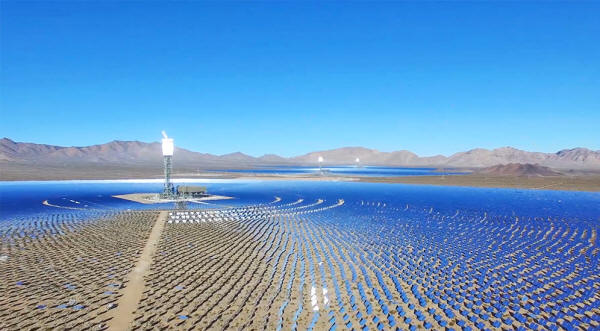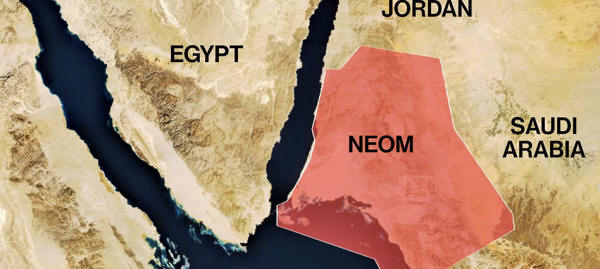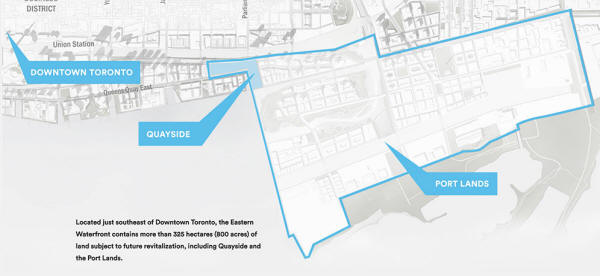|
In October 2017, five of the richest men in the world sat next to each other in Saudi Arabia's capital Riyadh and with childlike excitement talked about their new shared dream:
They were on stage at the first edition of the Future Investment Initiative, an event that gathered international business leaders to explore new economic opportunities for a country that hopes to be no longer dependent on oil revenues as it fulfills its "Vision 2030" program.
Panelists discussing the future of Neom, from left to right: the Crown Prince Mohammed bin Salman; Masayoshi Son, chairman and CEO of the SoftBank Group Corp. of Japan; Stephen A. Schwartzman, chairman and co-founder of the Blackstone Group; Marc Raibert, CEO of Boston Dynamics; Klaus Kleinfeld, former chairman and CEO of Arconic Alcoa Inc., and Siemens AG.
Neom is to be the grandest manifestation of that vision.
A city of the future, the likes of which the world has never seen - except maybe in science fiction books and movies.
It is to be built from scratch on 10,231 square miles of untouched land in the northwestern region of Saudi Arabia, including territory from within the Egyptian and Jordanian borders.
It will be an independent zone, with its own regulations and social norms, created specifically to be in service of economic progress and the well-being of its citizens, in the hopes of attracting the world's top talent and making Neom a hub of trade, innovation and creativity.
Neom's location offers a terrain with mountains, deserts, 285 miles of coastline and coral reefs, as well as a moderate climate, with temperatures on average 10 degrees Celsius lower than the rest of Saudi Arabia Credit: discoverneom.com
While the scope of ambition for this urban project may be unprecedented for this century, its necessity is evident.
With falling oil prices and declining demand, as well as insufficient investment opportunities at home, Saudi Arabia is searching for its place in the future.
It hopes to utilize another abundant natural resource:
As Masayoshi Son, chairman and CEO of the SoftBank Group Corp. of Japan, said (below video) during the panel:
Neom will not only become a test case for a zero-energy mega-city (with a size 33 times that of New York), but it will provide abundant opportunities for employment and investments within Saudi Arabia, attracting local and foreign money back to the country.
The city's vision is to be at the forefront of nine key economic sectors, including,
The goal for Neom is to not only be able to provide for all of its energy needs via solar and wind power, but to also be an exporter discoverneom.com
Addressing a question about the political and social stability of the region, Prince Mohammed bin Salman said (above video):
$500 billion has already been committed to the construction of Neom, with its first phase expected to be completed in 2025.
The city will be owned by the Saudi Arabian Public Investment Fund, overseen by a special authority, chaired by Prince Mohammed bin Salman.
Excluding sovereign laws (pertaining to the military sector, foreign policy and sovereign decision), Neom will have its own governmental framework, including different taxation, customs and labor laws.
Neom has a strategic coastal Red Sea location close to international markets and trade routes. Approximately 10% of the world's trade flows through the Red Sea and 70% of the world's population can reach it in under eight hours flight. discoverneom.com
Marc Reibert of Boston Dynamics emphasized that the success of the project will depend on attracting the right talent ("dreamers" are welcome) and creating the right culture of innovation that will allow for building this technological city of the future, where all services and processes will be entirely automated, food will be grown in the desert, drones will fly in the skies, and there will be a full-scale e-government.
At this initial stage it is unclear what Neom will look like, but we may get a taster thanks to another "future city" project to be built in Canada albeit on a much smaller scale.
Credit: sidewalktoronto.ca
Sidewalk Labs, owned by Alphabet has committed $50 million to develop 12 acres in the Quayside area of Toronto in a public-private partnership with the city.
The plan is to build a mini digital city, using a range of smart technologies, sustainable energy and autonomous cars, that will eventually become the home of Google's Canadian headquarters.
Of course, redeveloping an area within a city and building a city from scratch are two entirely different endeavors, especially when the ambition for the latter,
History can provide us with its fair share of examples where humanity's vision of would-be utopian cities did not manifest itself the way it was intended.
Hopefully, given the fact that both Neom and Sidewalk Toronto are intended to be commercial projects, things will pan out differently.
Here's WIRED founder Kevin Kelly on utopia versus protopia:
|


